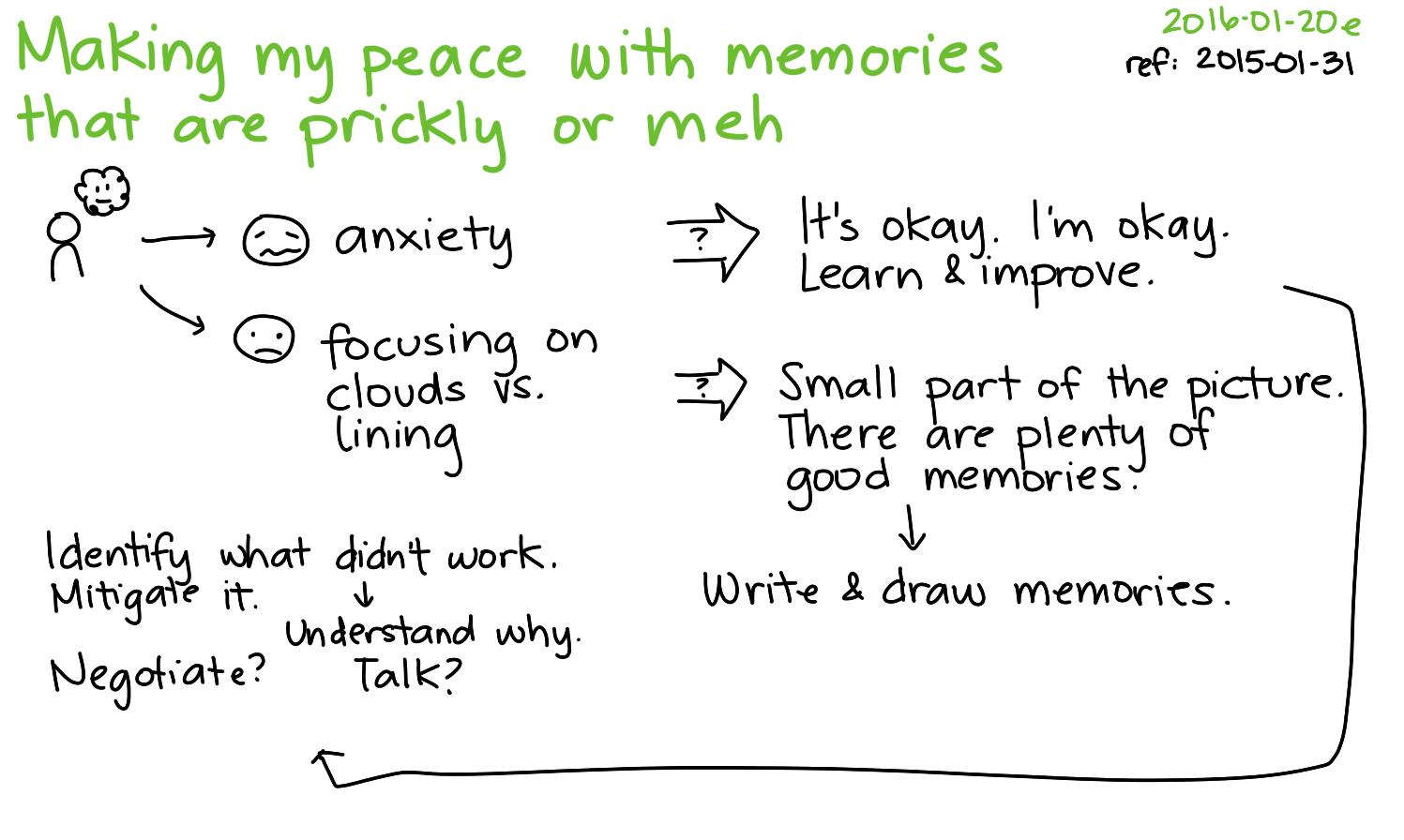In the intricate tapestry of human experience, resilience often emerges as a defining thread, weaving through moments of triumph and tribulation alike. While the age-old adages of grit and determination have long been heralded as the cornerstones of mental fortitude, a quieter, more introspective force is beginning to capture the attention of psychologists and everyday individuals alike: self-compassion. This gentle, yet profoundly transformative practice invites us to turn inward with kindness, offering solace and strength in equal measure. As we embark on a journey to explore the role of self-compassion in building mental resilience, we uncover a narrative that is as much about tenderness as it is about tenacity, revealing how embracing our own humanity can fortify us against the storms of life.
Cultivating Kindness: The Foundation of Self-Compassion
Embracing kindness towards oneself is a transformative practice that lays the groundwork for self-compassion. This gentle approach involves acknowledging our own humanity, recognizing that everyone makes mistakes, and accepting imperfections without judgment. By cultivating this mindset, we nurture a supportive inner dialogue that fosters mental resilience.
Consider these steps to integrate kindness into your daily routine:
- Practice Mindfulness: Stay present and aware of your emotions without self-criticism.
- Forgive Yourself: Let go of past mistakes and embrace the lessons they bring.
- Celebrate Small Wins: Acknowledge and appreciate your achievements, no matter how minor they seem.
Through these practices, kindness becomes a natural response, creating a nurturing environment where self-compassion can thrive.

Embracing Imperfection: Turning Setbacks into Stepping Stones
In the journey of life, it’s inevitable that we will face setbacks and failures. These moments can often leave us feeling disheartened and questioning our worth. However, by practicing self-compassion, we can transform these challenging experiences into opportunities for growth. Self-compassion involves treating ourselves with the same kindness and understanding we would offer a close friend. This approach allows us to recognize that imperfection is a shared human experience and not a personal shortcoming.
To cultivate self-compassion and build mental resilience, consider the following practices:
- Mindful Acknowledgment: Instead of ignoring or suppressing painful emotions, acknowledge them mindfully without judgment.
- Self-Kindness: Speak to yourself in a supportive and encouraging manner, rather than being overly critical.
- Common Humanity: Remind yourself that everyone experiences failure and setbacks; you are not alone in your struggles.
By embracing these practices, setbacks become stepping stones that lead to personal growth and a more resilient mindset.
Mindful Self-Awareness: The Key to Emotional Balance
Mindful self-awareness is not just a trendy buzzword; it’s a profound practice that serves as a cornerstone for emotional balance. When we cultivate an acute awareness of our thoughts, feelings, and bodily sensations, we are better equipped to manage emotional turbulence. This heightened sense of self allows us to recognize emotional triggers and respond rather than react, creating a space for more thoughtful and compassionate choices.
Key elements of mindful self-awareness include:
- Presence: Staying grounded in the present moment, free from past regrets or future anxieties.
- Non-judgment: Observing our thoughts and emotions without labeling them as good or bad.
- Curiosity: Approaching our internal experiences with a sense of wonder and openness.
Integrating these practices into daily life can transform our relationship with ourselves and others, leading to a more balanced and fulfilling emotional landscape.

Practical Strategies for Nurturing Self-Compassion
Developing self-compassion can be a transformative journey, and there are several practical strategies to help cultivate this essential quality. Begin by practicing mindfulness, which involves being present in the moment and observing your thoughts and feelings without judgment. This practice can help you recognize negative self-talk and replace it with kinder, more supportive language.
Incorporate the following approaches into your daily routine:
- Self-kindness: Treat yourself with the same compassion and understanding that you would offer a close friend. When you make a mistake, rather than criticizing yourself, acknowledge that everyone makes errors and use it as an opportunity for growth.
- Common humanity: Remember that suffering and imperfection are part of the shared human experience. This perspective can help you feel less isolated and more connected to others.
- Balanced perspective: Practice viewing your challenges from a balanced viewpoint, neither ignoring them nor exaggerating their significance. This can foster a more resilient and compassionate mindset.





